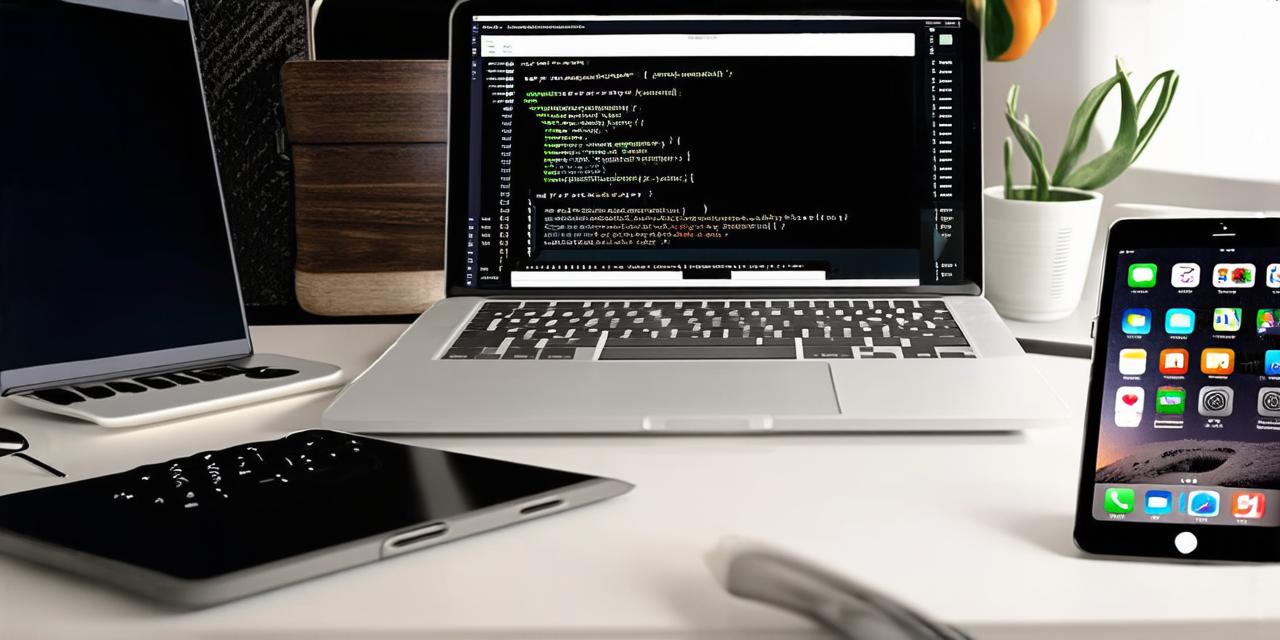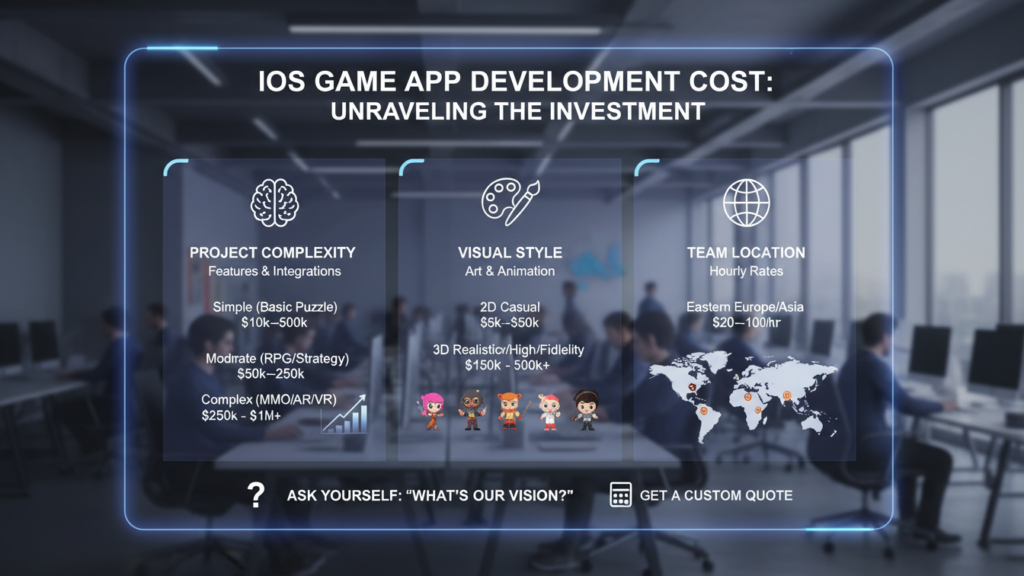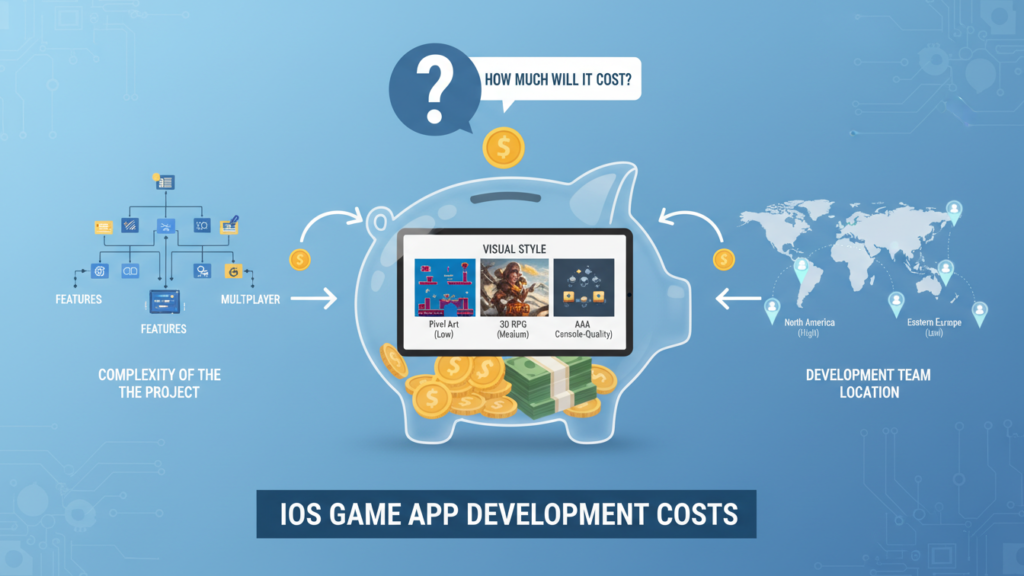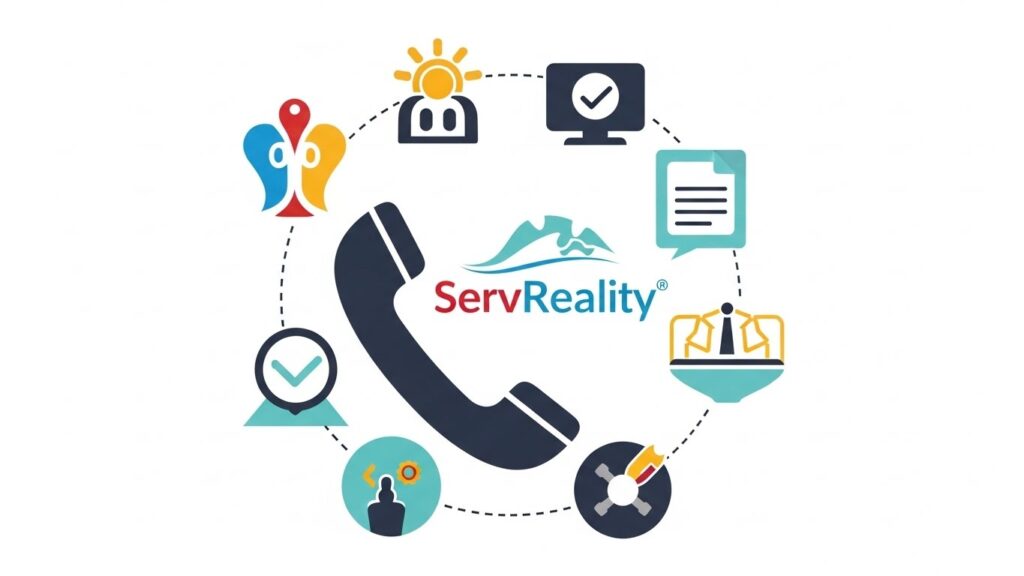As an iOS app developer, you know that creating high-quality apps is essential to the success of your business. However, with so many tools and technologies available, it can be overwhelming to know where to start. In this article, we will explore some of the essential skills and tools that you need to master in order to become a successful iOS app developer.
1. Programming Languages
One of the most important skills for an iOS app developer is proficiency in programming languages such as Swift and Objective-C. These languages are used to create apps for iOS devices, and they have some unique features that set them apart from other programming languages. For example, Swift is designed to be more concise and easier to read than Objective-C, while Objective-C has a longer history and more extensive libraries.
In addition to Swift and Objective-C, iOS app developers also need to have some knowledge of Cocoa and Cocoa Touch. These are the frameworks that provide the basic building blocks for iOS apps, including user interfaces, data storage, and networking. It’s essential to be proficient in these frameworks in order to create robust and scalable apps.
2. Development Tools
Once you have mastered the programming languages and frameworks, it’s time to start using development tools. There are several tools available that can help you develop iOS apps more efficiently and effectively. Some of the most popular tools include:
- Xcode: This is the official development environment for iOS app development. It includes an integrated development environment (IDE), debugging tools, and a range of features that make it easy to build and test apps.
- CocoaPods: This is a package manager for iOS app development that allows you to easily manage dependencies and add libraries to your project. It’s especially useful when working with third-party libraries.
- SwiftLint: This is a tool that helps you enforce coding standards and best practices in your Swift code. It can help you catch errors early in the development process and make your code more maintainable over time.
- TestFlight: This is a beta testing platform that allows you to test your app with real users before it’s released. It’s an essential tool for ensuring that your app works as expected and is ready for launch.

3. User Experience Design
User experience (UX) design is crucial for the success of any app. A well-designed app will be easier to use, more intuitive, and more likely to keep users engaged. As an iOS app developer, you need to have some knowledge of UX design principles and best practices.
Some of the key principles of UX design include:
- Simplicity: Your app should be simple and easy to use. Avoid clutter and keep the interface focused on the most important tasks.
- Consistency: Your app should have a consistent look and feel throughout. Use the same colors, fonts, and layout patterns consistently across all screens.
- Accessibility: Your app should be accessible to users with disabilities. This includes providing alternative text for images, using high-contrast colors, and making sure that your app can be navigated using a keyboard.
- Usability testing: Before launching your app, it’s essential to test it with real users. This will help you identify any usability issues and make improvements before the app is released.
4. Debugging and Testing
Debugging and testing are critical for ensuring that your app works as expected and is ready for launch. As an iOS app developer, you need to know how to debug code, test apps thoroughly, and identify and fix issues quickly.
Some of the key techniques for debugging and testing iOS apps include:
- Using breakpoints: Breakpoints allow you to pause the execution of your code at a specific point in time. This can help you identify where an error is occurring and make it easier to fix the issue.
- Debug logging: Logging allows you to track the execution of your code and see what’s happening at each step. This can be especially useful for identifying performance issues or errors that are difficult to reproduce.
- Unit testing: Unit testing involves testing individual units of code, such as functions or classes, to ensure that they work correctly. This helps catch bugs early in the development process and makes your code more maintainable over time.
- Automated testing: Automated testing uses tools to test your app’s functionality and usability automatically. This can help you identify issues quickly and ensure that your app works as expected across different devices and platforms.
5. Collaboration and Communication
As an iOS app developer, you will likely be working on a team with other developers, designers, project managers, and stakeholders. Effective collaboration and communication are essential for ensuring that everyone is on the same page and that your app is developed efficiently and effectively.
Some of the key skills for effective collaboration and communication include:
- Active listening: Listening carefully to what others have to say can help you understand their perspective and build stronger relationships.
- Clear and concise communication: Using clear and concise language when communicating with others can help ensure that your messages are understood and acted upon.
- Respect for diversity of opinions: It’s important to respect the diverse perspectives and opinions of your team members. This includes valuing their contributions and being open to feedback and suggestions.
Summary
Becoming an iOS app developer requires a range of skills and knowledge, including proficiency in programming languages and frameworks, user experience design principles, debugging and testing techniques, and collaboration and communication skills. By mastering these essential skills, you can create high-quality apps that are easy to use, efficient, and scalable.
If you’re just starting out as an iOS app developer, it’s important to be patient and persistent. It takes time to build up your knowledge and experience, but with dedication and hard work, you can achieve great success in this exciting field.
FAQ
<p



